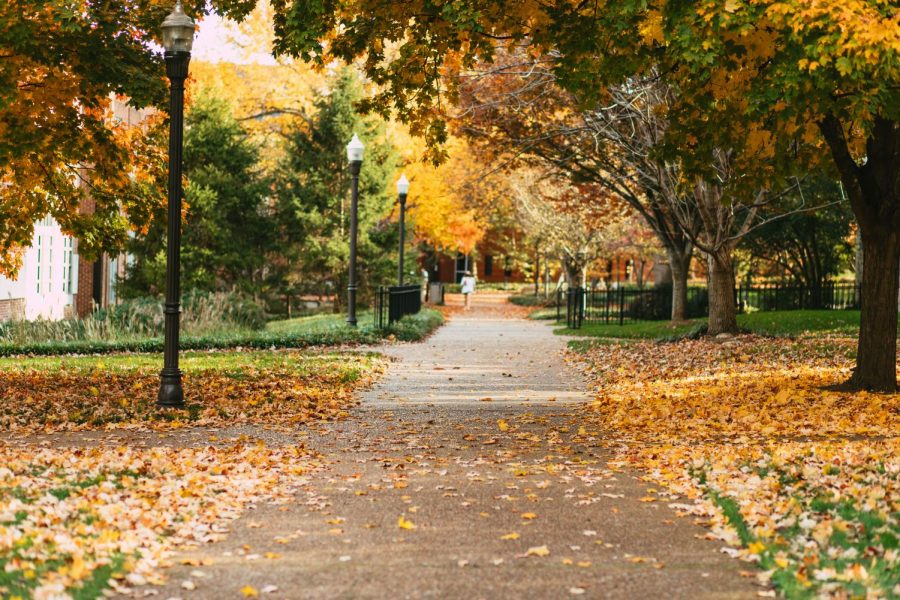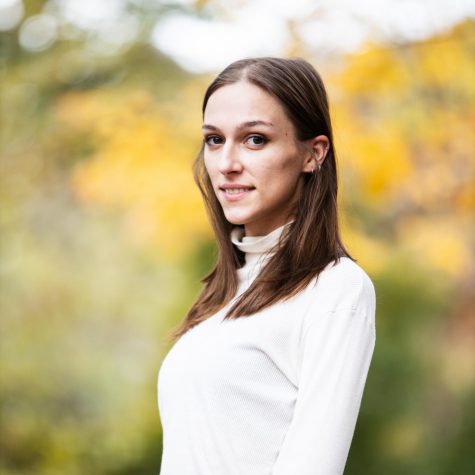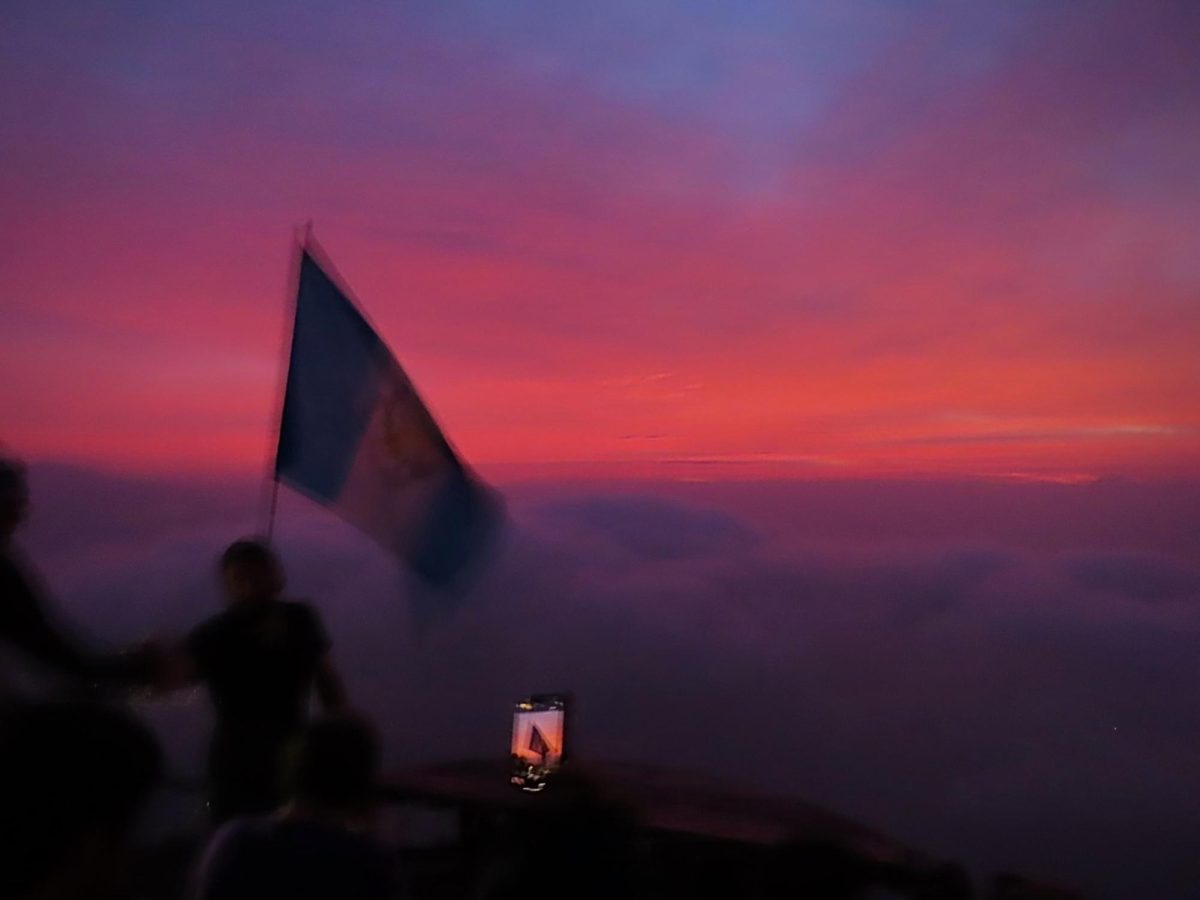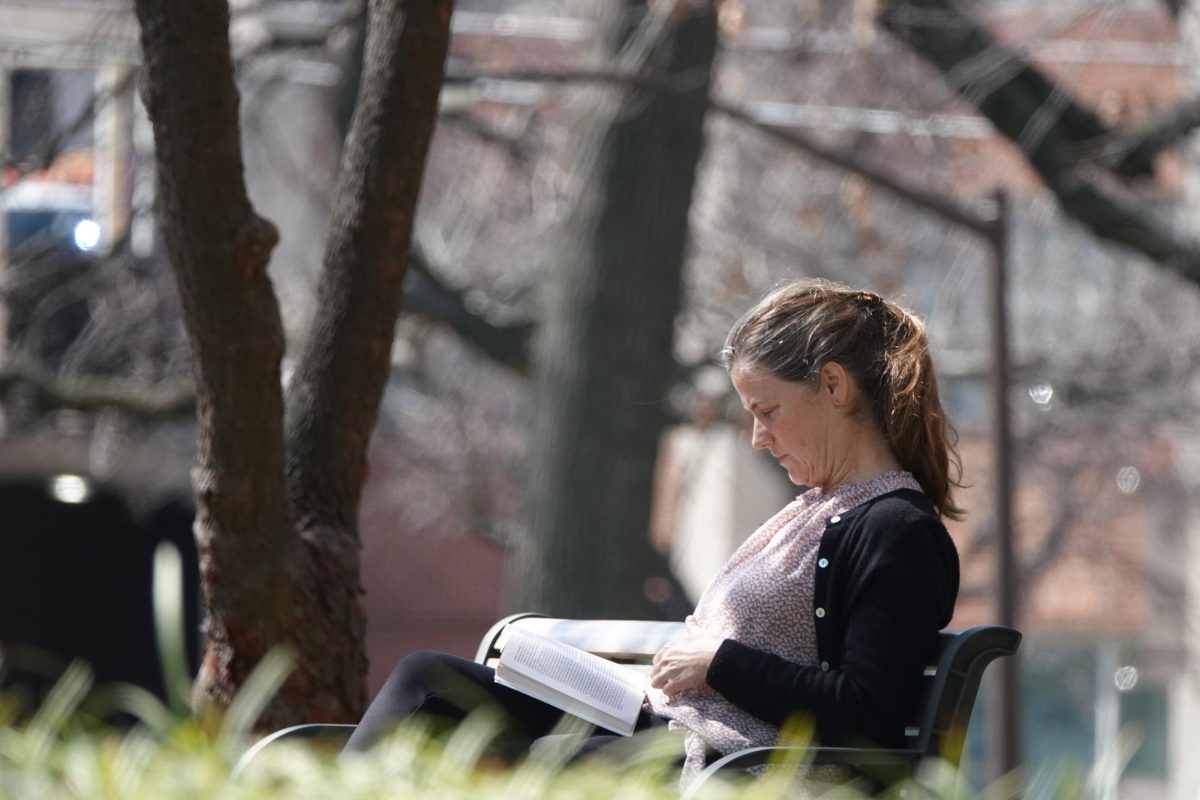In a typical year, Alternative Spring Break (ASB) operates on 32 sites, with almost 400 members between chairpersons, site leaders and participants, per Vik Dodda, a campus engagement co-chair for ASB. These sites fall under six different service issues, where students would be placed based on interest in order to serve the community.
However, on Wednesday, Oct. 7, the university announced the Spring 2021 academic calendar, which included no Spring Break.
“We didn’t really hear anything about what the spring would look like up until when they released their official statement,” Dodda said.
The sudden cancellation of spring break forced organizations similar to ASB to develop alternative plans. Another service organization, the Vanderbilt chapter of Manna Project International, announced in a mass email to those on its listserv on Nov. 29 stating that they would be offering two virtual service-learning experiences this coming year instead of their normal service trips abroad.
The structure of ASB will be completely uprooted to fit their new moniker: Alternative Break Committee (ABC). The traditional 32 sites will be replaced by six different committees, each focusing on different “family groups” and featuring three assigned leaders.
ASB was directed by Vanderbilt’s administration to put a hold on all open applications prior to the announcement of Spring Break’s cancellation but was otherwise not updated on the situation until the school-wide announcement.
Despite this directive, Dodda said that the lack of Spring Break would not be the complete end of ASB.
Dodda stated that ASB events will be divided across several weeks in the semester instead of utilizing Spring Break. He also announced that, for the first time, ASB would be free for all participants due to the lack of travel fees, which vary in cost based on the selected site, ranging from $200 to $700. While Dodda was happy that ASB could continue some normal operations and expressed excitement on financial inclusivity, he also discussed the loss of social experiences and community impact.
“We are really fighting to keep it alive and we’re fighting to keep its presence on campus,” Dodda said.“I’m really excited for the different changes that we’ll see this year because there are a lot of different parts, especially including the flexibility for participants and including the financial inclusivity that we would have never gotten in the past.”
According to Dodda, there are three pillars to ASB: service, education and reflection. For the upcoming spring semester, he noted that ABC would be focused on only the latter two, using the committees and speakers for education and reflection.
“Family groups include things like homelessness and poverty, kids’ education, the environment,” Dodda said. “The three of those people within each family group are responsible for creating different events and initiatives. These may include speaker events, so that you can learn more about kids or education or people with disabilities.”
According to Dodda, ASB aims to shift its emphasis towards education this year to make up for the inability to perform in-person services.
ABC will still continue to serve the community through socially distanced methods like educational outreach and fundraising.
“Using the time that we have over the spring semester, we could create different fundraisers—we know that because of the pandemic there are a lot of organizations that aren’t receiving the same funding that they did this time last year, and so we could really help them,” Dodda said.
Dodda reminded students that serving your community is still feasible during the pandemic and that any cancellations will not affect ASB’s core mission.
“ASB is still here. Spring Break is not, but we’re still here,” Dodda said.







